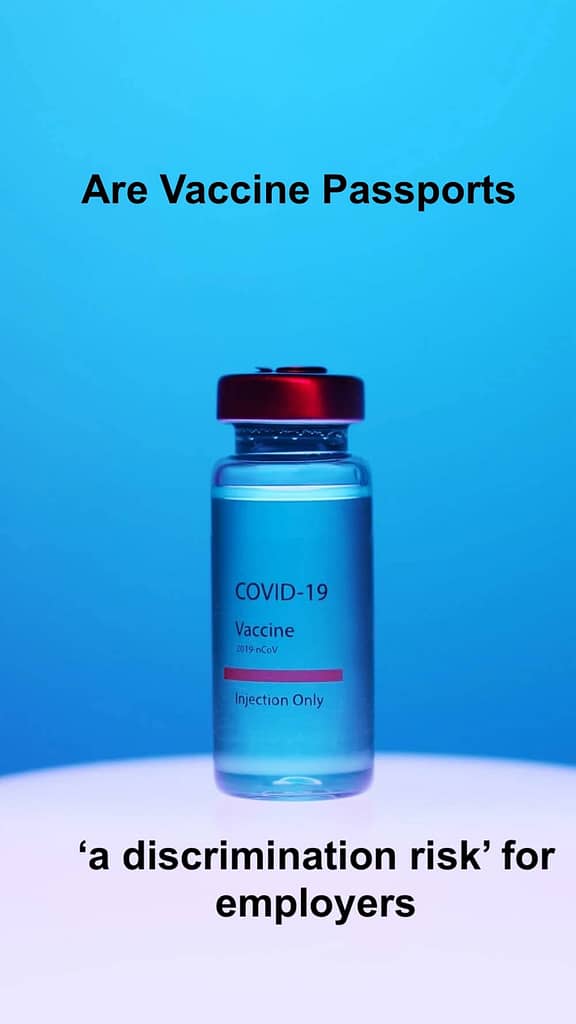Whilst the Scottish government is considering a vaccine passport scheme, we discuss what would it mean for employers?
Some of the issues employers could face are-
- a duty to keep staff Covid-safe
- what about the minority groups who choose not to be vaccinated?
- what about the discrimination risk?
These are some of the questions being asked as a domestic ‘vaccine passport’ system could be introduced to help the country ease itself out of lockdown. The ‘COVID-status certification’ scheme could allow people to return to sporting fixtures, theatres, and other public events and, at some point, possibly, workplaces.
The Equality and Human Rights Commission has responded. It has published a statement on proposed scheme saying the measure could be a proportional means of easing lockdowns in principle, but as the BBC reports, it carries with it the risk of creating a ‘two-tier society whereby only certain groups are able to enjoy their rights’. The Commission warns that if the certificates are introduced, they must be time-limited, regularly reviewed by Parliament to ensure they are proportionate and minority groups who cannot take the vaccine must have easy access to exemption documentation.
What could Covid passports mean for employers’, flagging how the scheme could help employers discharge their duty of care to staff to make sure the workplace is Covid-safe. But, as we know, the vaccine roll out has not been completed yet, and some choose not to be vaccinated at all, so it raises the possibility of a policy, based on the scheme, being discriminatory. So, this is definitely tricky ground and, understandably, employers are asking lots of questions.
Assuming the scheme goes ahead and it applies to the workplace at some point, employers are going to have a tricky balance – the duty of care to keep staff Covid-safe as against the discrimination risk.”
At the moment the evidence in terms of the impact that vaccination has on transmission of COVID suggests that it is not a complete solution, it’s not a complete answer to preventing the spread of COVID. So even where somebody has been vaccinated, they can still transmit COVID to other people. So, vaccination is not a complete solution, and not the only thing that employers are going to have to think about when they’re thinking about their duties under health and safety legislation.
Employers shouldn’t be relying solely on vaccination status to discharge those duties and when you add into the mix the fact that actually there are some people who will be unable to be vaccinated because of health conditions that mean that that it’s not appropriate for them to be vaccinated, that causes additional layers of complication. So, most employers are likely to have to look at what does vaccination add to the steps that they’ve already put in place to ensure a COVID secure workplace? Unfortunately, issues like social distancing, enhanced cleaning, are probably with us for some time and I suppose in relation to the social distancing piece, we’re awaiting the review from the government on that, which is also expected to come out in June and will give us a better sense of what the workplace might look like, at least for the second half of the year.” What about the discrimination risk. Some people such as pregnant women, have been advised not to have the vaccine, and some ethnic minority groups, we know, are less likely to be vaccinated.
Employers will have to look at the basis on which they are imposing any vaccination requirement and whether or not that can be justified. There are certain roles in certain sectors where you can see that the requirement might be more readily justified, but for most people working in an office environment, or any other environment where they’re not coming into constant contact with people who are extremely clinically vulnerable to COVID, and in close proximity for 15 minutes are more, they are likely to struggle to rely solely on vaccination as a reason to exclude people from the workplace given the discrimination risks.
Another group to consider is anyone who might have an underlying health condition that means that vaccination just isn’t suitable for them and there would be real risk in excluding those individuals from the workplace and saying that they’re unable to do their roles simply as a result of not having been vaccinated when it’s impossible for them to do so.”
Another area to consider along with the risk of vaccine passports, is rather how to make workplaces safe without them!
Employers must be considering how do they make the workplace safe bearing in mind COVID and, more generally, and COVID passports provide part of a potential answer for some workplaces but they’re not the full answer and employers need to be thinking about the full range of options available to them
- like social distancing,
- like how you organise your workspace,
- like whether or not, actually, employees need to be in the office or in the workspace or can carry out their roles remotely, for example.
Those are the big challenges for employers at the moment and are likely to continue to be so even once the government review on vaccination passports has concluded.”
The other related issue is whether to give employees time off work to be vaccinated. Employers need to think carefully about the reputational damage if they will be inclined to inflexible on that issue.
If you require any further advice or support over this or any other employment issue call us on 07375 097443 or e-mail us on enquiries@lbjconsultants.co.uk


